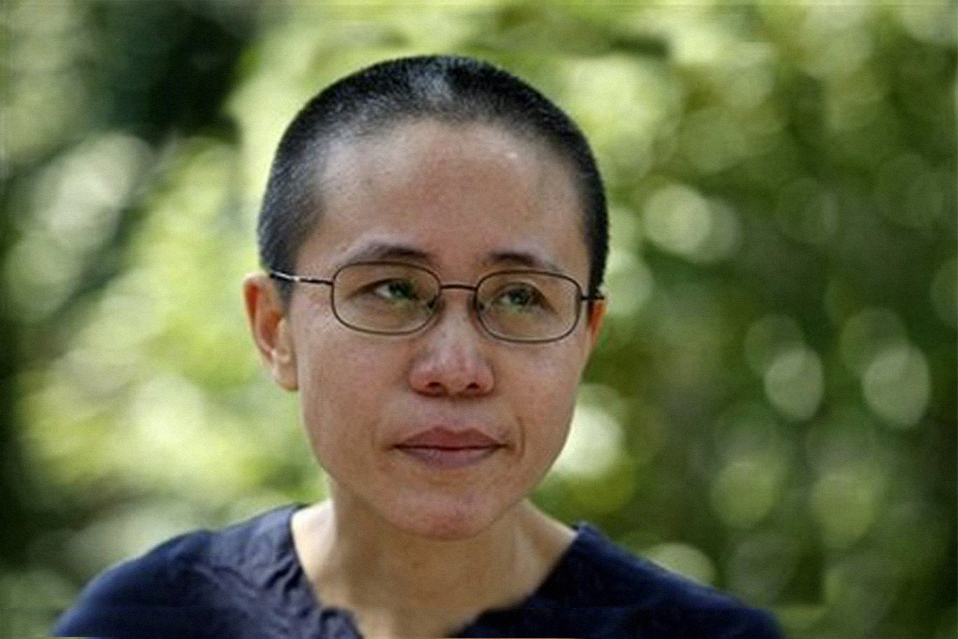BEIJING—A year ago today, the Nobel Peace Prize was awarded to Liu Xiaobo, a writer and activist imprisoned in a northeastern Chinese prison.
Today he remains in jail for the crime of “inciting subversion of state power,” serving out an 11-year sentence.
His wife, Liu Xia, remains under unofficial house arrest in Beijing for no crime.
A slender 51-year old poet and photographer, Liu has been cut off from the rest of the world ever since it was announced her husband would be given the prize. She has no phone or Internet access, is under constant police watch, receives the rare visit from family members, and seldom is able to venture out.
“Liu Xia…leads a lonely and oppressed life,” the wife of another dissident was quoted as saying in a profile of Liu.
NBC News interviewed Liu Xia in September 2010, just days before her husband won the Nobel Peace Prize. She was skeptical that the Nobel committee would award Xiaobo the prize. She described his mood as being good and his outlook as optimistic. She remembered having premonitions when she read his manifesto for political reform–Charter 08–knowing he would go to prison for writing it. She talked about the possibility of traveling to Prague for an exhibition of her photographs.
She appeared composed, bright, and alert.
But that time seems a world away today. Liu has not been seen or heard in public since.
Her treatment is, sadly, not unique.
The Chinese government has taken a hard line against dissenting voices. Another example widely cited is Chen Guangcheng, a blind lawyer and activist who has been beaten several times and had his property destroyed or confiscated. His wife and daughter have also been subjected to unofficial house arrest.
Again, neither the wife nor daughter are guilty of any crime. Yet, as one commentator in Chinaobserved this week, “[T]he Chinese government are detaining a six-year old girl.”


